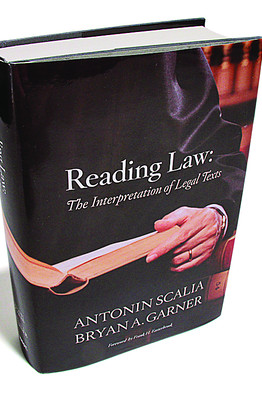President has taken a hatchet to welfare reform, the immigration laws, and ‘No Child Left Behind.’
(published in The Wall Street Journal, July 27, 2012)
By David B. Rivkin Jr. and Lee A. Casey
On July 12, President Obama unilaterally gutted the Clinton administration’s signature achievement—welfare reform. The 1996 welfare-reform law, while passed with strong bipartisan support, has been the bane of progressives, who have never accepted its fundamental principle that those who can work must work. Over the last year, the Obama administration also took the hatchet to the immigration laws and to the Bush-era “No Child Left Behind” statute.
These actions have two things in common. First, they were announced with much fanfare and designed to appeal to the president’s liberal base. Second, and much worse, they were implemented by suspending enforcement or waiving applications of laws Mr. Obama does not like.
The president cannot write—or rewrite—the laws. The Constitution makes Congress the legislature, and the president cannot simply ignore its decisions.

